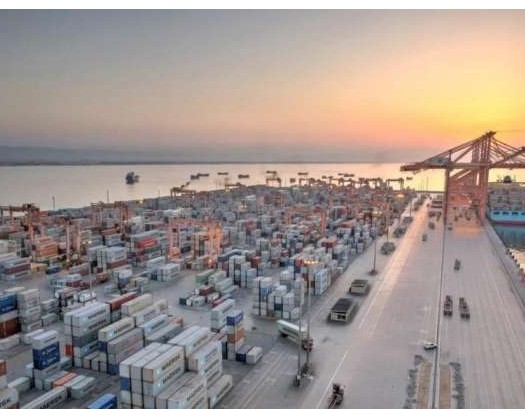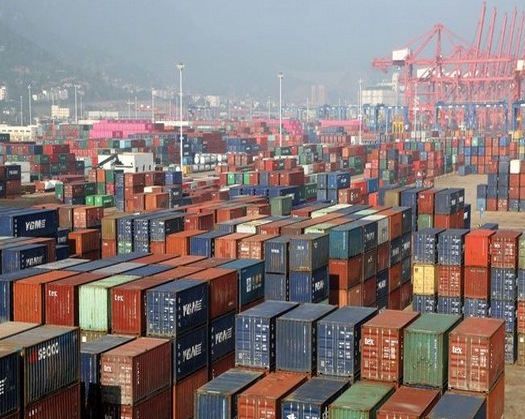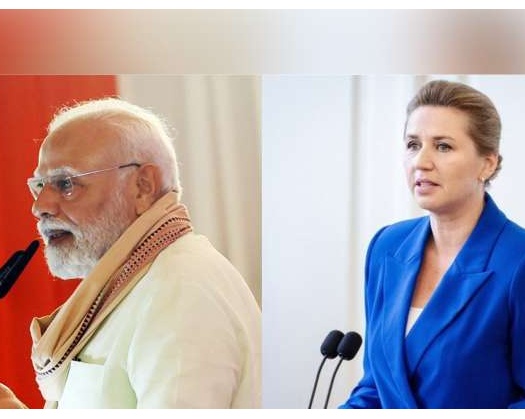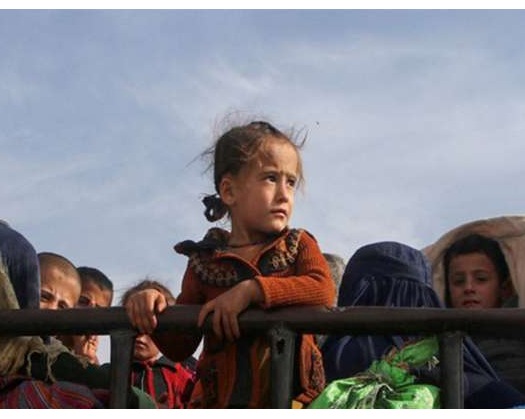Muscat: Despite regional and global challenges, the Sultanate of Oman has reported substantial fiscal and economic outcomes, according to the World Bank's 2024 Gulf Economic Update.
The report confirmed that Oman's economic performance demonstrates the effectiveness of its fiscal and economic policies in the face of global challenges, in line with Oman Vision 2040's priorities of economic diversification and financial sustainability.
It is important to highlight that Oman has achieved fiscal surpluses in recent years as a result of government initiatives to enhance financial performance, as well as a current account surplus fueled by increases in non-oil exports and services, which have strengthened the country's external position.
The report commended Oman's reduction of public debt from 68% to 35% of GDP, demonstrating the country's commitment to fiscal sustainability, as well as S&P's upgrade of its credit rating to an investment-grade level (BBB) in 2024.
Furthermore, Oman kept low inflation of 0.6% in 2024, compared to the GCC average of 2%. Looking ahead, the report predicted ongoing current account surpluses and growth in non-oil exports, owing to fiscal discipline and economic diversification initiatives.
The study predicted a 3.2% economic growth for the GCC area in 2025 and a 4.5% expansion in 2026, with the oil industry expected to flourish by 5.7% and the non-oil sector by 4.9% in the medium term, while inflation stays low.









